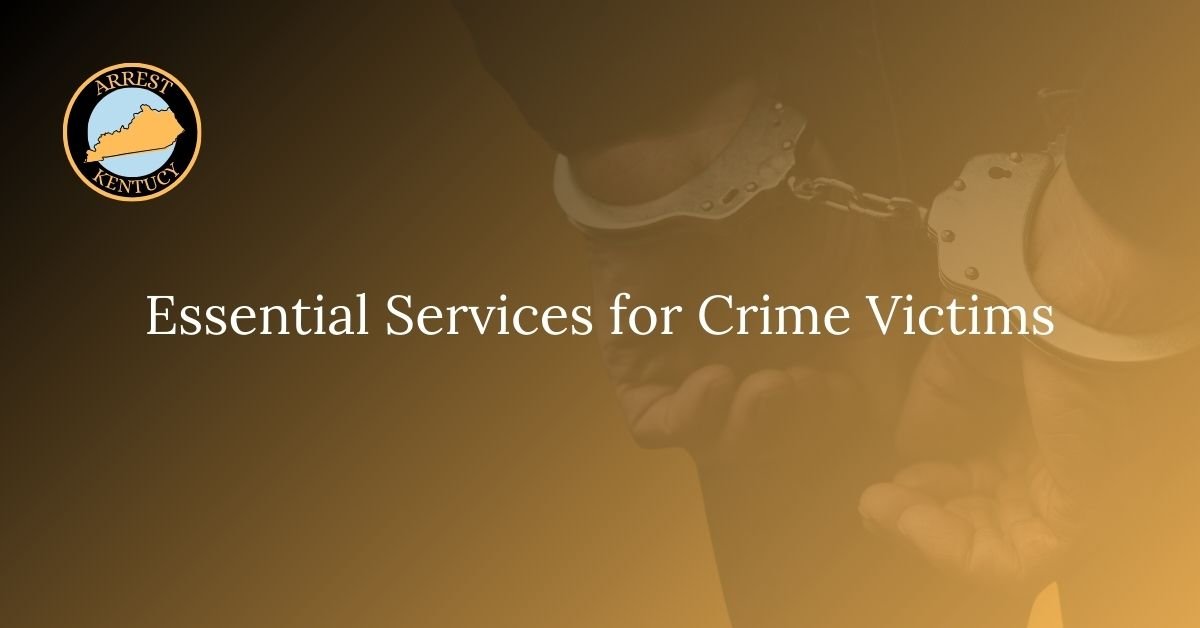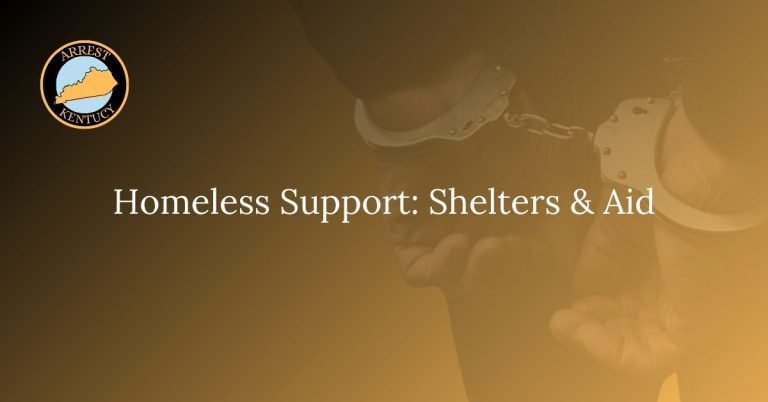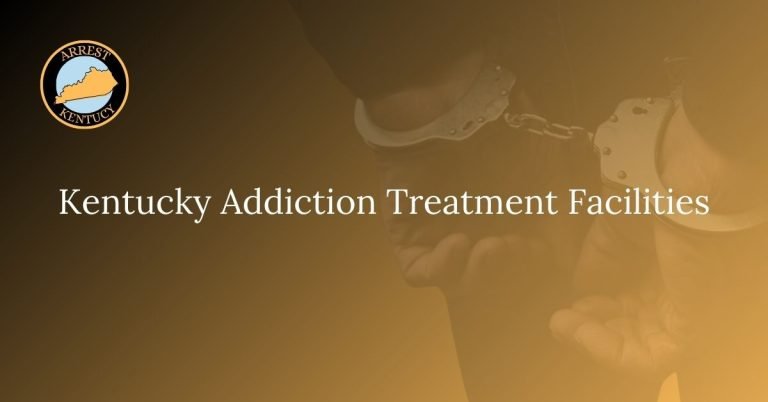Essential Services for Crime Victims

Crime victims frequently endure a challenging recovery process after experiencing traumatic events. The journey to healing often requires access to a variety of essential support services designed to address their complex needs. These services play a crucial role in providing the necessary assistance and resources for victims to navigate the aftermath of a crime and begin rebuilding their lives. From emotional and legal support to practical aid and financial assistance, each type of service is vital in helping victims overcome the difficulties they face and achieve a sense of stability and recovery.
This comprehensive guide explores the different forms of support available to crime victims, highlighting their importance in the recovery process. By offering detailed information on these services, the guide aims to shed light on how victims can access the help they need. Understanding the scope and availability of these resources is key to ensuring that victims receive effective support tailored to their unique circumstances and challenges.
Impact of Crime on Victims
The effects of crime on victims can be severe and multifaceted, impacting both physical and emotional well-being. Victims may face a range of traumatic outcomes, including physical injuries, psychological distress, and a sense of fear or anxiety that can pervade their daily lives. These experiences can lead to a profound sense of helplessness and disruption in normal life. Understanding the depth of this impact is essential for providing the appropriate support and resources. Effective assistance acknowledges these profound effects and seeks to address them through targeted interventions and comprehensive support systems, aiming to restore a sense of normalcy and stability for victims.
Emotional Support and Counseling
Emotional support plays a fundamental role in the recovery of crime victims, helping them navigate the complex emotions that follow a traumatic event. Counseling and therapy provide a safe space for victims to process their feelings, address their trauma, and start to regain control over their lives. This professional support is essential in helping victims manage their emotional responses and begin the healing process. Additionally, support groups offer valuable community and shared understanding, as victims connect with others who have faced similar experiences. This collective support can foster a sense of belonging and reduce feelings of isolation, which are crucial for emotional recovery.
Legal Assistance and Advocacy
Navigating the criminal justice system can be a daunting and confusing process for crime victims. Legal assistance and advocacy services are designed to guide victims through this complex system, helping them understand their rights and options. Advocates play a crucial role in ensuring that victims are informed and supported throughout legal proceedings. This support can include helping victims with legal paperwork, representing them in court, and providing information about the legal process. By empowering victims with knowledge and assistance, these services contribute significantly to their sense of justice and overall healing, making the legal journey less overwhelming and more manageable.
Financial Assistance and Compensation
The financial strain resulting from a crime can add an additional layer of difficulty for victims. Expenses related to medical treatment, property damage, or lost income can create significant economic burdens. Financial assistance programs and compensation funds are crucial in alleviating these financial pressures. These resources help victims cover immediate costs and provide support to address longer-term financial needs. By offering this type of assistance, victims are better equipped to focus on their recovery without the added stress of financial instability. Financial aid programs aim to ease the economic impact and help victims regain their financial footing as they work towards rebuilding their lives.
Practical Support and Resources
Practical support is another essential component of aiding crime victims. This type of support includes a range of services designed to help victims with immediate and practical needs. Nonprofit organizations and victim assistance programs offer resources such as temporary housing, transportation assistance, and guidance in navigating social services. These practical resources are vital for victims who may face difficulties in managing day-to-day activities or accessing necessary services. By addressing these practical needs, support programs help ensure that victims have the tools and resources required to begin their recovery process and achieve stability.
Addressing the Needs of Vulnerable Groups
Certain groups of crime victims may face additional challenges and vulnerabilities, such as those affected by human trafficking, domestic violence, or hate crimes. These individuals often require specialized support tailored to their unique circumstances. Organizations and advocacy groups offer targeted services designed to address the specific needs of these populations. By providing specialized support, these services help victims of particularly severe or complex crimes to access the appropriate resources and assistance. This targeted approach is crucial in ensuring that all victims receive the support they need to recover and rebuild their lives effectively.
Raising Awareness and Education
Raising awareness about support services for crime victims is essential in ensuring that those in need can access the help available to them. Educating the public about the resources and services for victims, as well as crime prevention and recognizing signs of victimization, contributes to a more informed and supportive community. By increasing awareness, individuals are better equipped to assist victims and advocate for their needs. This education helps build a supportive environment where victims can find the help they need and fosters a collective effort in supporting crime victims throughout their recovery journey.
Frequently Asked Questions
Explore our comprehensive FAQs section for essential services available to crime victims to get clear and detailed answers to your most pressing questions.
What services support crime victims?
Support services for crime victims encompass a wide range of programs designed to help those affected by crime. These services include crisis hotlines that offer immediate emotional support and guidance, victim advocacy to assist with navigating the criminal justice system and accessing resources, and counseling and therapy to address trauma and emotional distress. Legal assistance helps victims understand their rights and file compensation claims, while shelter and housing provide safe options for those escaping dangerous situations. Financial aid covers medical expenses and other immediate needs, and support groups provide a sense of community among those with similar experiences. Safety planning involves creating strategies to prevent further victimization.
Are services available to all crime victims?
Yes, essential services are typically available to all crime victims, irrespective of their age, gender, nationality, or other characteristics. These services are designed to support any individual affected by crime, aiming to address their needs and provide assistance in dealing with the aftermath of the crime. The goal is to ensure that every victim receives the support necessary for their recovery, regardless of their personal background or circumstances.
Are these services free of charge?
Many essential services for crime victims are provided at no cost, funded through government grants, charitable donations, or other sources. While many services are free, the availability of these services can vary depending on the location and specific needs of the victim. Some organizations may offer sliding-scale fees based on income for certain services. It’s important for victims to check with local service providers to understand the cost structure and available financial assistance options.
Can victims access services anonymously?
Yes, many services prioritize confidentiality and allow victims to remain anonymous, especially through crisis hotlines and crisis centers. However, some types of support, such as legal assistance or court proceedings, may require the victim to reveal their identity to proceed effectively. Victims should inquire about privacy policies and options for maintaining anonymity when seeking help to ensure their personal information is protected.
How long can victims receive support?
The duration of support available to victims can vary based on their individual needs and the resources of the service provider. Some services, such as crisis hotlines and support groups, offer short-term assistance as needed, while others, such as counseling or victim advocacy, may provide ongoing support throughout the recovery process. The availability of long-term support ensures that victims can receive continued assistance as they work through their healing journey.
Can family members access these services?
Yes, family members of crime victims are often eligible to access essential services. Crime impacts not only the direct victim but also their loved ones, who may face their own emotional and practical challenges. Support services may extend to family members to help them cope with the effects of the crime and provide the necessary support to manage the aftermath and support the victim’s recovery.






